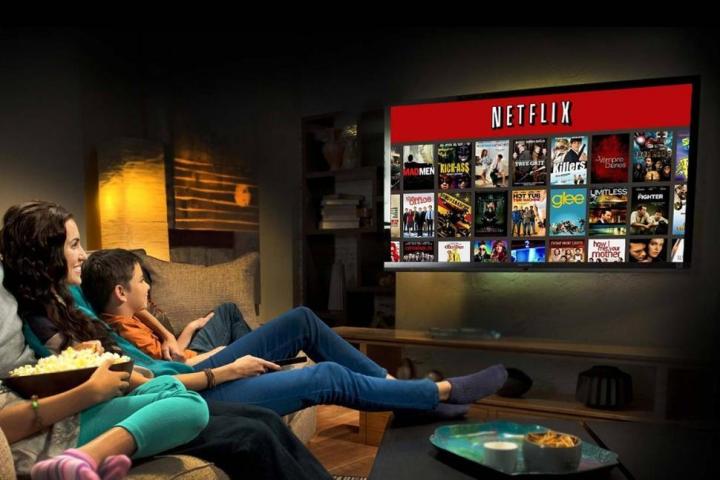
Making its app available through the Xbox and Sony PlayStation gaming consoles makes sense. Ditto for streaming sticks like the Google Chromecast and Roku Streaming Stick. Even smart TV platforms are a no-brainer. But why would TV providers – the very companies that are struggling to curb cord-cutters – want to make the very service that has been digging into their profits available through their devices?
Related: Netflix sneaks into cable boxes while denouncing Comcast/TWC merger.
Netflix’s argument, of course, could be that making its service available through set-top boxes may entice customers to keep their TV service and view Netflix more as a complementary option, not a replacement.
All this said, Netflix has already made such partnerships with small cable providers Suddenlink and RCN, proving that some do find such a relationship mutually beneficial. But these guys are relative small potatoes when you consider that the larger TV providers, like Comcast, AT&T, Time Warner, and DirecTV, account for the majority of cable TV subscribers in the U.S.
According to Gigaom, Netflix already has a version of its app built for the platform that AT&T uses, which means it could be relatively easy to get an app up and running on that provider’s service should such a deal be in the works with them. But again, nothing has been confirmed. And remember, Netflix is already in bed with Verizon, which offers a free one-year streaming subscription to new FIOS subscribers.
In the end, money talks, and, to use yet another analogy, if you can’t beat ‘em, join ‘em. Trying to combat the beast that is streaming TV is a losing battle, and the traditional cable operators know that. If Netflix can get on board, it boosts Netflix’s profile while also allowing the cable operators to remain relevant, not to mention off Netflix’s back. With potential financial incentives, even subscriber traffic data, it could be a win-win for all involved.
But might such partnerships diminish the perceived value of Netflix? After all, the key demographic that opts for such services, aside from the heavy users (eh-hem, hand raised here) are those who don’t want to have traditional cable, and prefer to pay $8/mo. to binge watch shows after they air at their leisure. While it’s unlikely Netflix would only partner with the big guys, even doing so on the side may be perceived as selling out, so to speak. It’s sort of like that favourite ice cream shop in the back roads of your old town. If that shop started franchising out everywhere, the ice cream might be just as good, but the perception of it being your local, special place is lost.
If you ask any millennial, Netflix is winning the TV race. Why try to sweeten the deal for the customers of the very services your business model seems to contradict? This rumoured move would certainly raise Netflix’s subscriber numbers to new heights. But it could go either way for the company if passionate cord-cutters view the move negatively.


